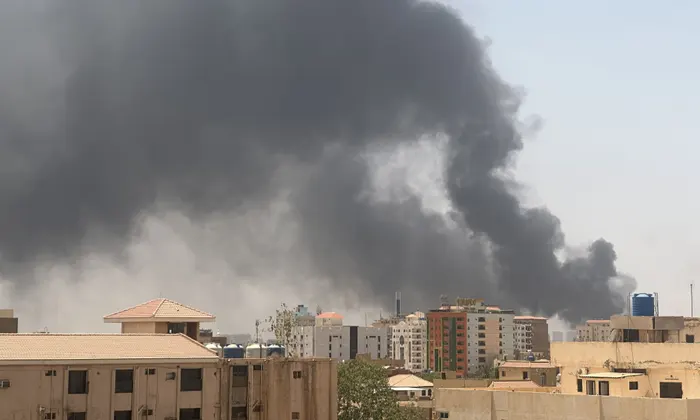
Sudan: The basics Sudan is in north-east Africa and has a history of instability: It fell under military rule in 2019, when long-time leader Omar al-Bashir was toppled Since then, two men have been in charge: The head of the army and his deputy, who is also the head of a paramilitary group called the […]